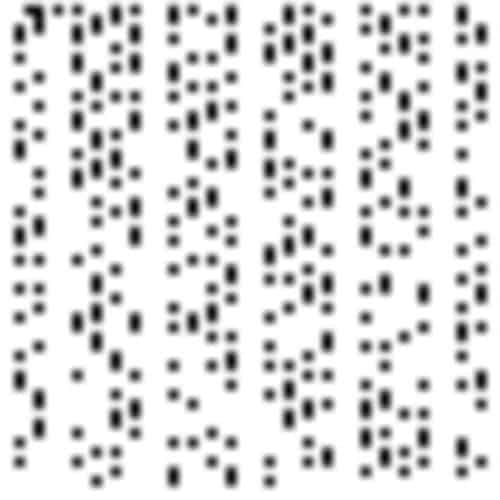Computers at the University of Missouri hooked up to a special software that hunts for primes found the largest yet: a behemoth 22 million digits long.

A prime is any number that’s only divisible by itself and the number one. The are 2, 3, 5, 7, 13 and so on. Twelve is not a prime because it’s divisible by 3 and 2, which are other primes. As you work up the ladder primes become increasingly hard to find. The latest is 274,207,281-1 or 2 multiplied by itself more than 74 million times. That’s in the astronomical realm.
One way to find primes is take the number 2 and factor it with another number, then subtract one and finally check if it meets conditions for being prime. Sounds simple enough, but requires a lot of iterations and crunching numbers. There are of course algorithms that streamline the process – not every number is factored. Luckily, there’s a software that does just this. It’s called the Great Internet Mersenne Prime Search (GIMPS), named after Marin Mersenne who was a famous 17th century monk who studied prime numbers. Anyone can download the project and use their own computers to help crunch the numbers. In the last 20 years, the community of scholars and science citizens discovered 15 largest Mersenne primes.
At University of Missouri, four record breaking largest primes were found, which makes sense since the university contributes the most computing power to the GIMPS project. Although computers did the hard work, it still take a human to check the the records. As such, the discovery is credited to Dr Curtis Cooper.
“The primality proof took 31 days of non-stop computing on a PC with an Intel I7-4790 CPU. To prove there were no errors in the prime discovery process, the new prime was independently verified using both different software and hardware. Andreas Hoglund and David Stanfill each verified the prime using the CUDALucas software running on NVidia Titan Black GPUs in 2.3 days. David Stanfill verified it using ClLucas on an AMD Fury X GPU in 3.5 days. Serge Batalov also verified it using Ernst Mayer’s MLucas software on two Intel Xeon 18-core Amazon EC2 servers in 3.5 days,” reads the GIMPS press release.
So how long can we crunch numbers. Is there an end to prime numbers? No. Well over 2,000 years ago Euclid fashioned the first proof that there are infinitely many primes. It reads:
Primes are useful in cryptography, but this largest prime yet is far too big to be of practical use.





